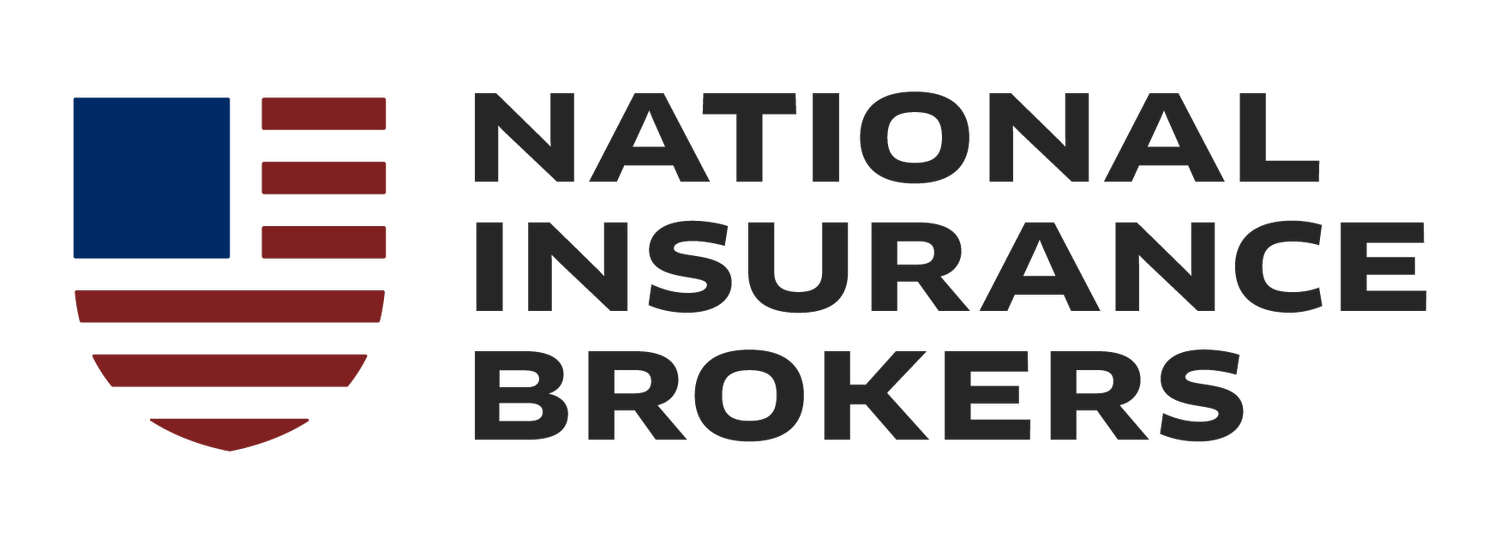Are Docks Covered By Homeowners Insurance: Exploring Your Waterfront Property Protection
Navigating the complexities of boat dock protection can sometimes feel like charting unknown waters, especially when it comes to your boat.
One question frequently emerges for those lucky enough to have waterfront property: "Is a boat dock covered?"
This article aims to help you understand boat dock insurance, offering a clear view of your boat dock options and clarifying what most homeowners insurance policies cover.
Understanding Homeowners Insurance Coverage for Docks
Homeowners insurance is designed to protect against unexpected property damage and potential liabilities for personal injury. The foundational components often encompass personal property coverage, structures coverage, and liability protection.
When we look closer at the typical homeowner's policy, its primary intent is to shield the primary residence and other structures, including sheds, in-ground swimming pools, and detached garages.
So, Where Do Boat Docks Fit Into This?
Most policies do consider docks as "other structures." However, whether your boat dock insurance is under the same property umbrella depends largely on the specifics of your policy.
It's only sometimes a given that you receive “other structures coverage” in accordance with your dock insurance.
While a private boat dock might sometimes fall under "other structures coverage," it's paramount to confirm with your home insurance company or agent.
Sometimes, these structures, especially when susceptible to floods or atmospheric conditions, require supplemental flood insurance. So, “does flood insurance cover docks?” correlates to a boat dock insured package.
Generally, when you insure a boat it includes dock insurance, so while you may have boat insurance, it’s crucial to establish your full policy.
The Factors Influencing Boat Dock Coverage
Boat docks are more than a one-size-fits-all solution. Various factors can influence whether your homeowner's insurance embraces your dock or finds itself in choppy waters.
Dock Location
Not all docks are created equal, especially in the eyes of insurance carriers. A dock's location can drastically affect eligibility.
For instance, docks attached to your primary residence premises might have different insurance implications than detached structures and a removable dock.
Policy Provisions
The devil is in the details, or this case, the policy language. Different insurance companies have distinct provisions about dock insurance. While some cover for damage caused by wind-driven rain, others exclude specific perils, like water damage or animal damage.
It's vital to scrutinize your policy or consult an insurance agent about significant damage.
Waterfront Property Types
Your property type also plays a pivotal role. A private dock attached to a personal residence might have different coverage nuances than a commercial dock. The same goes for other waterfront structures, like seawalls or retaining walls.
It’s crucial to see if your property has seawalls covered.
Understanding the variances can provide a clear space for determining the type of insurance coverage necessary. For example, a private boat dock at a primary residence may differ compared to a commercial dock.
A commercial policy, such as a Commercial General Liability (CGL) policy, might be more apt if you use a boat dock for business purposes. A commercial general liability policy is a way to insure your waterfront business.
On the other hand, private docks used year-round for personal enjoyment would necessitate a distinct approach.
Navigating the waters of insurance policy with your boat dock in mind might seem intricate, but with the right guidance and clear understanding, you can anchor down the best for your needs.
Scenarios of Dock Coverage under Homeowners Insurance
Navigating insurance policies can be more complex when considering the varied types of docks and their accessories.
Understanding the distinctions can provide clarity on your homeowner’s policy:
Coverage for Fixed Docks
Fixed docks, permanently attached to the land or seabed, often fall under the "other structures" category. This means coverage protects fixed docks from certain covered perils, such as fire or vandalism.
However, flood coverage or water-related wear may require supplemental insurance.
Floating Docks
Floating Docks, inherently more susceptible to damage due to mobility, often have distinct insurance considerations. These structures might not always be covered under the "other structures" clause, especially if they are detached and can be moved easily.
Other Dock Accessories
Sometimes you can insure accessories like boat lifts, storage units, or specialized equipment. While some might fall under personal property coverage, others require distinct endorsements. It's essential to confirm with your insurance company.
Dock accessories and their installation might change the value of your dock significantly. For instance, installing a high-end boat lift can increase the value of the dock.
Similarly, storage units built on the dock can store valuable items, and their potential property damage or theft could result in a significant financial loss. This underscores the need for clear communication with insurance companies to clarify the extent of coverage for these structures.
Additional Endorsements or Separate Policies
With docks being such specialized structures, it's sometimes beneficial to consider endorsements or separate policies for comprehensive protection:
Specialized Coverage Options
Endorsements or riders can enhance the basic dock coverage in your homeowner's policy. These can cover specific perils or increase the limit of your plan.
Marine Insurance
Marine insurance coverage can provide extensive coverage for those wanting a holistic approach to protection, ensuring the dock and the boat are safeguarded against potential risks.
Standalone Dock Insurance
Tailored policies specifically designed for docks can be a great option, especially if your existing policy provides limited or no coverage for your dock.
Reviewing Your Policy
Every homeowner should be proactive. It's crucial to:
Assess the value of your dock accurately.
Communicate with your agent regularly. They can offer insights into potential gaps in your coverage.
Regular maintenance and upgrades can change its value, impacting the required coverage.
Review your homeowners policy meticulously to understand what's covered.
Seek Specialized Insurance Advice
Waterfront properties can be complex, and there are instances where you might need expert advice:
Complex Waterfront Properties
Specialized counsel can be invaluable for properties with multiple docks, boathouses, or significant waterfront features.
Renovations or Upgrades
Major changes to your dock, extensions, installations, or even tech upgrades, can alter your needs.
Unique Situations
Tailored coverage might be necessary for docks used for business purposes, those in hurricane-prone zones, or ones with unique builds.
Conclusion
Navigating the realm of dock coverage under homeowners policy can seem daunting. However, with the right knowledge, you can ensure that your waterfront property remains protected, be it a fixed dock, floating platform, or accessorized pier.
When asking yourself, are docks covered by homeowners insurance? Always remember the importance of understanding your policy, seeking expert advice when in doubt, and staying proactive about your coverage.
As we at National Insurance Brokers often say, "The right insurance policy is out there. We're the people to help you find it." Keep your boat dock covered; review your policy and ensure complete protection.

